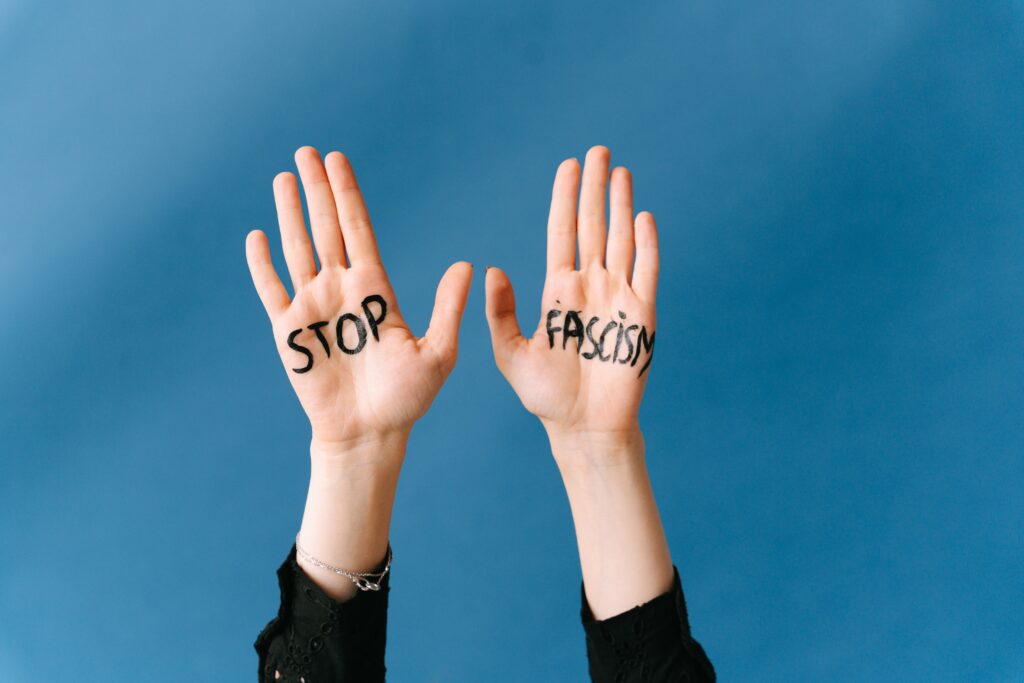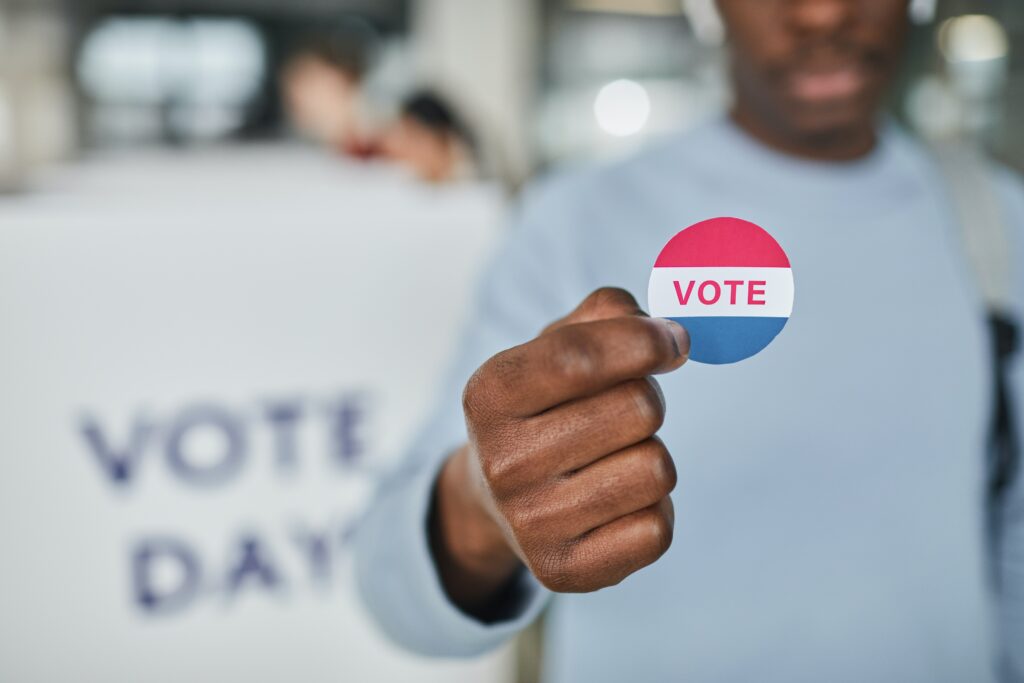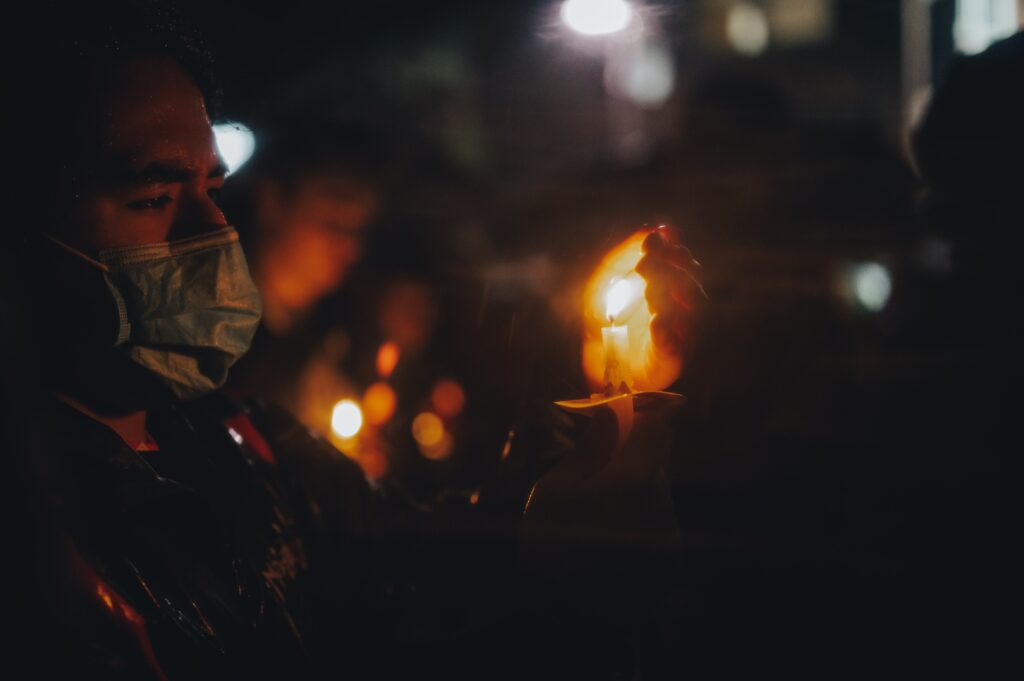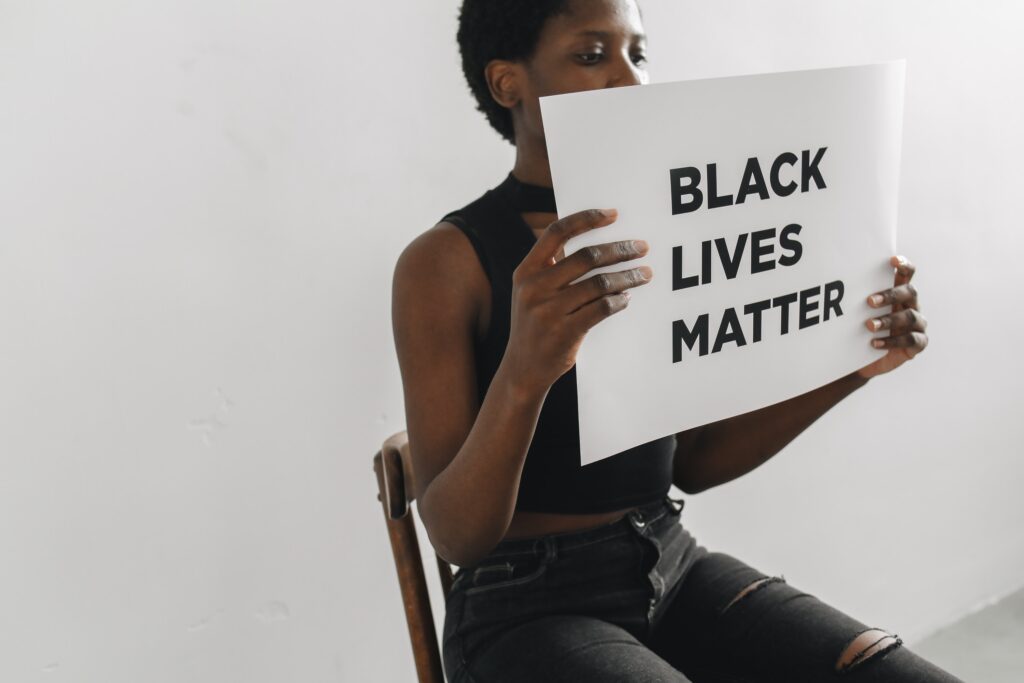The state of global politics
Politics should be the ultimate expression of empathy and compassion. It’s about coming together to solve common problems and build economies and societies that protect and empower everyone.
Unfortunately, as this page will show, many political systems in the world are failing to achieve or even retreating from that goal.
Democracy
According to the Democracy Index, democracy is being eroded internationally.
The Index shows that currently less than 8% of the world’s population are living in what can be described as “full democracies.” 1 in 3 (35%) are living in authoritarian regimes and 1 in 5 (21%) in a “hybrid” structure of authoritarianism and flawed democracy.

Right-wing extremism
Europe and America in particular have witnessed a rise in right-wing extremism in recent years.
The number of Neo-Nazi, supremacist, racist, anti-government, and anti-Islamic groups has grown as have the number of physical attacks organized by such groups. In the United States, “white racist/rightist” violence accounts for roughly half of terrorism-related fatalities – ahead of that perpetuated by “leftist” or “Islamic” terror cells.

Apathy
Global average voter turnout has fallen significantly since the early 1990s. During the 1940s-1980s, voter turnout stayed at around 76%-78%. It fell sharply in the 1990s to 70% and now hovers around the mid-60s.
This is a significant problem. Not only does it suggest that voters are feeling apathetic or disengaged from politics, it also means that their influence over their democracy is weaker. This can allow smaller more extremist groups to hold greater sway.

Violence
The rise in right-wing extremism has been spurred on by – and has, in itself, further increased – the trend towards violence in politics.
In the United Kingdom, for example, two sitting Members of Parliament have been murdered in the last eight years. In the United States demonstrators stormed into the Capitol in protest against what they, erroneously, saw as a “stolen” election.
Meanwhile violence “online” has exploded. Members of Parliament across the world routinely receive aggressive, intimidating, and explicit messages via social media and on email. This is poisoning public debate and leading to a situation in which physical force – or the threat of it – is used to try and win arguments and sway votes.

Representation
Politics globally fails to represent population diversity.
Just 16% of countries have a female leader and women make up only 23% of Cabinet positions worldwide.
In the Global North, people of color still do not have adequate representation in parliaments and elected assemblies.
Although many parliaments don’t request data on a politician’s disability status, it is likely that the number of politicians elected with a disability falls well below the population average of 15%.
And while LGBTIQA representation in some Western societies is increasing, homophobia is on the rise in others: Poland, Russia, Hungary, and the Balkans for example are experiencing an increase in anti-gay protests and attacks.

